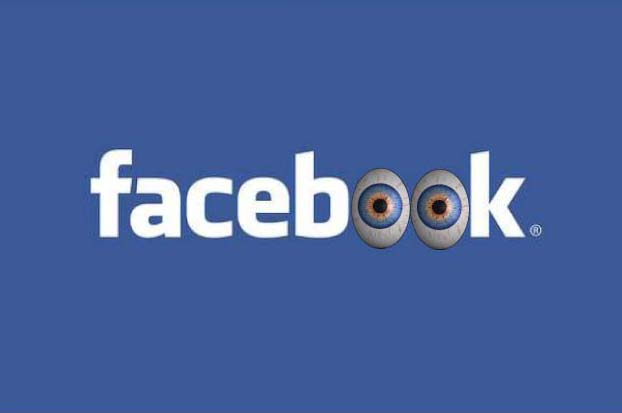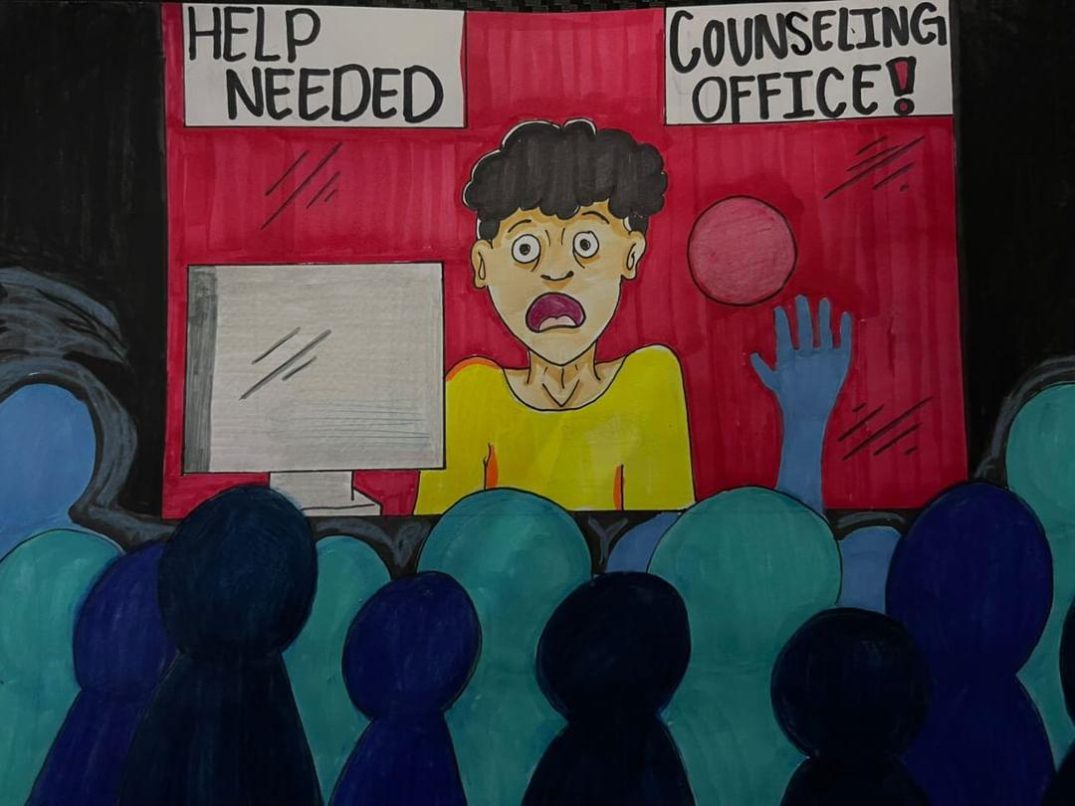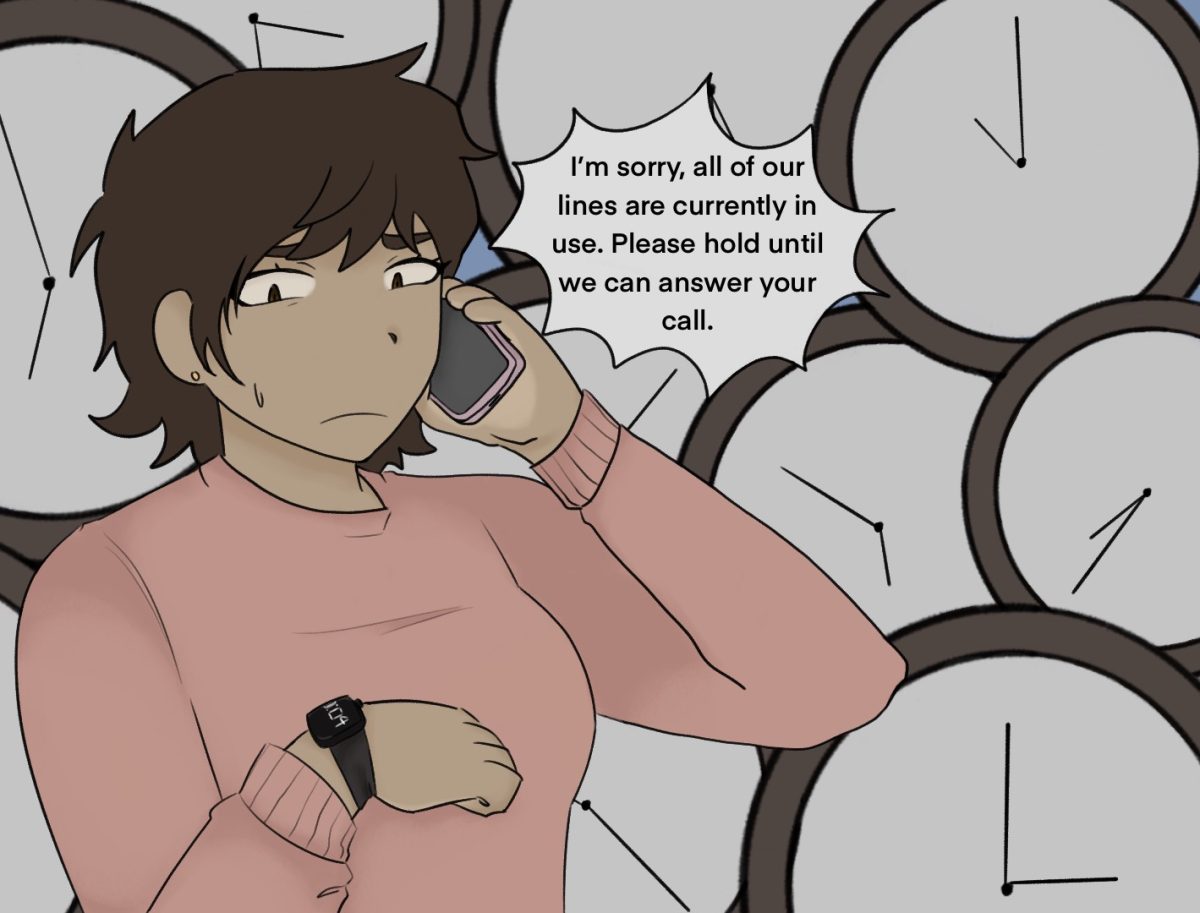Just a few clicks and a new profile is created. It’s impossible to get rid of Facebook, Twitter and other social networking sites because our society has been conditioned to use them.
New users who sign up start off with a hundred friends, and by the end of the month, it’s double the friendship and connections that may lead to job offers, internship opportunities or even opportunities to save a life.
Social networking has become a reliable way for users to communicate in ways that were previously inconceivable.
For example, this past week, Facebook CEO Mark Zuckerberg and his team launched a new feature to their website making it easier for users to register as organ donors, according to an article from USA Today.
Putting this information on your Facebook profile makes it easier for organ transplant registries to find possible donors. Imagine being able to save a person’s life because of something you posted on Facebook?
In fact, more than 150 million people sign up for Facebook and other social networks on a daily basis due to the widely available connections they are able to make with family and friends as well as the ability to contact big businesses, according to ConsumerReports.org.
Many critics argue that the use of social networks is harmful to users, but almost every social networking website has privacy settings to control what should and shouldn’t be public to strangers.
In the end, users control how much personal information they want to include.
Whether it’s Facebook, Twitter, or any other social network, people take advantage of the accessibility the Internet offers through social networking. It’s up to them how far they take it and how they choose to use it.







